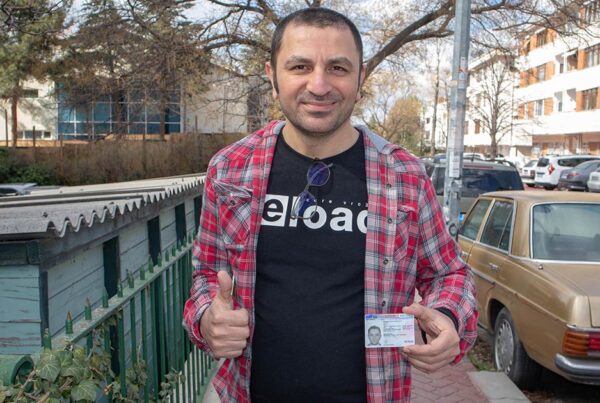Education in Estonia has its origins in the education given in the monastery and cathedral. In Estonia, the education network is very strong throughout the country. Institutions in the education system are private, state, municipal and public. The largest public universities in Estonia are the University of Tartu, the Technical University of Tallinn and the University of Tallinn. These universities are also in the top 500 in the qs rankings worldwide. Educational institutions in Estonia are equivalent to the country, neither more nor less. There is a science academy in Estonia, which is the Estonian Academy of Sciences. Technological developments have also had a great impact on the education system.. education in Estonia Today, the system is divided into four as pre-school education, primary education, secondary education and higher education.
What is Pre-School Education like in Estonia?
In Estonia, early childhood education is given to children between the ages of 18 months and 7 years. This training is given only in private institutions in the country. The aim of pre-school education is to help the child to be brought up and developed by his family. Private institutions where pre-school education is given are determined by Estonian people. There is a program determined by the state and this education is given to children. As a result of preschool education, children are given a certificate.
What is Basic School Education like in Estonia?
Basic comprehensive education in Estonia is compulsory and lasts nine years. 1st, 2nd and 3rd grade of primary school. classes are beginner school. To graduate from basic school in Estonia, one has to pass an exam in Estonian grammar, mathematics and an elective subject. At the same time, it should give a graduation project with a creative content. Children in Estonia start secondary education after basic school education.
What is the Secondary Education System in Estonia?
Secondary education in Estonia is divided into two. The first of these is general secondary education given by upper schools and the second is vocational secondary education providing vocational education. In Estonia, in general secondary education, it is aimed to teach students to develop their skills and to enable them to use these skills in further education. Apart from this, an upper secondary education is given. The most common of these upper secondary schools are gymnasium schools. These upper secondary education courses last 3 years. In this upper secondary education system, there are compulsory and elective courses. In order for the student to graduate from an upper secondary education, they must complete the 96-class program and also pass the Estonian grammar exam, mathematics exam and foreign language exams. During the education process in Estonia , students do a research paper and a practical study. Students who graduate from this secondary education are eligible for higher education.
How is the Higher Education System in Estonia?
Estonian higher education is divided into academic and professional. This higher education system is delivered by universities. In Estonia, the academic year consists of two terms, fall and spring. Academic higher education period is 3 years and students can graduate when they complete 180 credits. When students graduate, they have a graduation certificate called “bakalaureusekraad”. Professional higher education is gradual. In the first stage, it takes 3 or 4 years, 180 to 240 credits are required. As a result of this training, students are given a graduation certificate named “rakenduskõrgharidusõppe diplom”. The second stage is graduate education called “magistrikraad”. The duration of master’s education is 1 or 2 years, those who have completed 60 or 120 credits can graduate. Fields such as medicine, dentistry, pharmacy, veterinary medicine, architecture and civil engineering that do not comply with this two-stage system have a long-term and single-stage education system. The education period of these fields consists of 5 or 6 years. The training consists of 300 to 360 credits. Doctoral education in Estonia lasts 3 or 4 years and graduates are awarded a postgraduate research degree called “doktorikraad”.[/vc_column_text][/vc_column][/vc_row]
Work with Advist in your EU Settlement Process.
Get a residence and work permit in the country you want in Europe!



